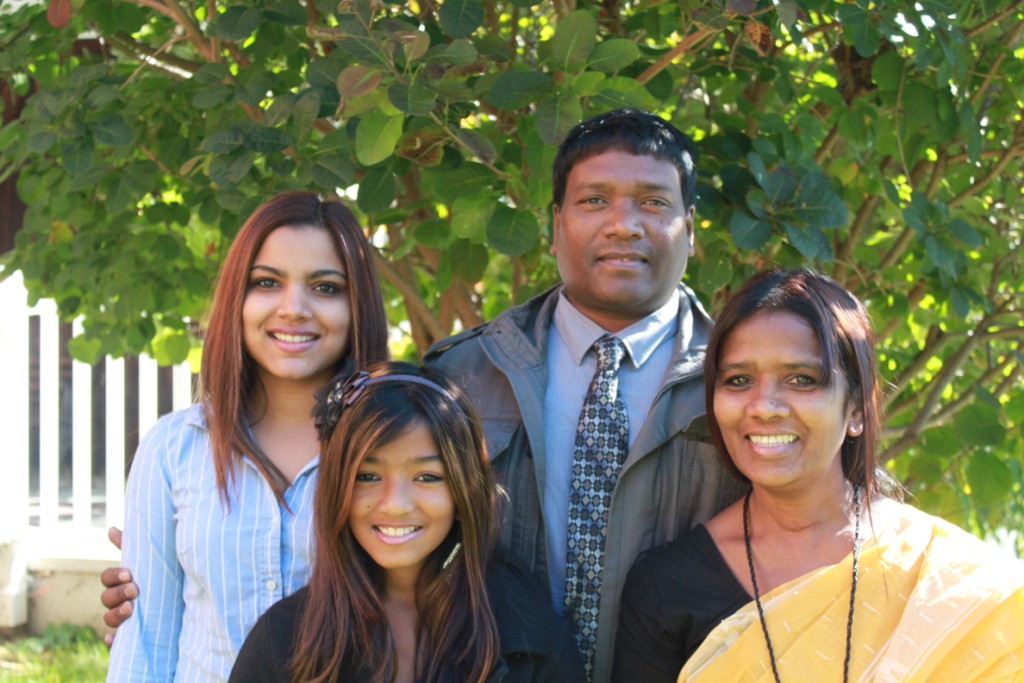The Rev. Hemant Tandi was one of five children born into a pastor’s family in Kalahandi, one of the poorest districts of India. When he was only two years old, his father was tragically killed and life grew even more difficult for his family. Hemant’s mother was a teacher at an informal school and earned 60 rupees per month (equivalent to $1.10).
The children suffered from malnutrition, poor health, poor education, and most of all, the scorn of society for being a fatherless family.
As the only Christian family in the entire village, they also suffered religious discrimination.
Access to water at the village wells and ponds was denied, and they were eventually evicted from the village.
The children were scattered to the homes of relatives in different villages…
Hemant, raised by his uncle, herded cattle and sheep to earn money for school supplies.
He finished high school barefoot and graduated second in his class.
The experiences of this one child’s poverty sowed the seeds for Hemant’s vision…
…to provide a home for many children.

Hemant has a Bachelor’s Degree in Commerce from Sambalpur University in Orissa and a Bachelor of Divinity from Union Biblical Seminary in Pune, India (Serampore University, Calcutta).
Apart from running the orphanage, he worked as a social activist for Tribal Development in the Kandhamal District of Orissa for 12 years under the auspices of UNICEF and the Orissa state government. Since 2002, Hemant and his family have been living in Binghamton, NY.
His wife, Saibalini, has a Bachelor’s Degree in Arts and Education and is working in a local hospital. Their two beautiful daughters, Upasana and Hosanna, are going to school in Endicott, NY.
From 1991- 2002, the Rev. Hemant Tandi worked as a social reformer with UNICEF and the Orissa state government, serving tribal people living deep in the jungle in the district of Kandhamal. There he found:
- Children left alone without protection from animal and human predators, while their parents went out to look for food and other necessities.
- No school close enough for the children to attend.
- Only rudimentary health care facilities, far from these tribal villages.
- No vehicle access on the dirt trails into the villages.
- Isolated pockets of people with little hope in the midst of the struggle to survive.
Rev. Tandi and his wife, Saibalini Naik, worked directly with the people of Kandhamal until they came to the United States in 2002. They continued to support the ministry by providing direction and sending funds from the U.S. Three years later, Grace and Peace Mission to Orissa (GPMO) was founded as a U.S. non-profit to address the overwhelming physical and spiritual needs of the people of Kandhamal.

